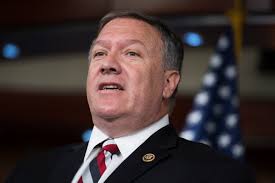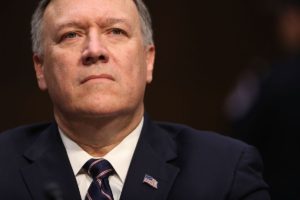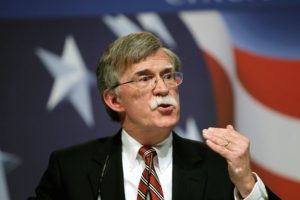Mike Pompeo is likely to be confirmed as the nation’s next secretary of state, but he’ll take strange route on his way to leading the nation’s diplomatic corps.
Pompeo is the CIA director whom Donald Trump selected to succeed Rex Tillerson at the State Department. He has run into trouble on his way to confirmation: Pompeo won’t have the blessing of the Senate Foreign Relations Committee, which conducted confirmation hearings on Pompeo’s nomination.
A Republican committee member, Rand Paul of Kentucky, is going to vote against Pompeo’s nomination. That will result more than likely in a vote of no confidence from the panel.
That won’t derail his confirmation. The full Senate will get to vote on it, but Pompeo will gain the support of Senate Democrats who might be in trouble in states that Trump carried in the 2016 presidential election. Heidi Heitkamp of North Dakota and Joe Manchin of West Virginia come to mind; let’s toss in Bill Nelson of Florida while we’re at it. They’re all running for re-election, which seems to give Pompeo a leg up in this strange journey toward confirmation.
Actually, I hope Pompeo does get confirmed. The State Department needs a steady hand and I think Pompeo can provide it … if only the president will allow him to lead the agency.
Tillerson had to fight the occasional battle against being undercut by the president. Tillerson would make a pronouncement and then Trump would countermand him. I don’t want that to happen with the new secretary of state, who’s got a big job awaiting him immediately — which happens to be the preparation for the planned summit between Donald Trump and North Korean despot Kim Jong Un.
What’s more, as head of the CIA, Pompeo has joined other U.S. intelligence officials in confirming the obvious: that the Russians meddled in our 2016 election.
This man needs to be our secretary of state.



